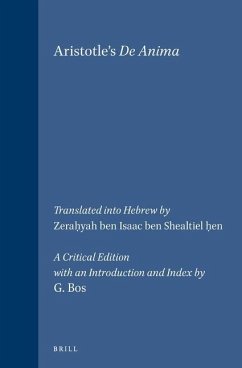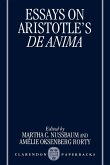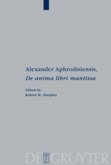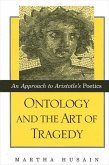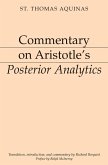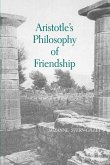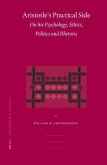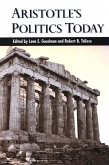This edition of Zerahyah's Hebrew translation of De Anima, Aristotle's monograph on the soul, is of major importance for the history of transmission of Aristotle's text in the Middle Ages. De Anima, commented upon by Greek philosophers such as Alexander of Aphrodisias and Themistius and Arab philosophers such as Avicenna and Averroes, was a major source of inspiration for medieval Arab and Jewish philosophers. The Hebrew translations of Averroes' commentaries, prepared from 1189 on, were very influential in Jewish intellectual circles. One of the translators involved in this activity was Zerahyah ben Isaac ben Shealtiel Hen, who also translated Aristotle's De Anima. This translation is extremely important since it is based on the same lost Arabic translation as Averroes' long commentary. The solution which Zerahyah's translation provides for the question of the authorship of this lost Arabic translation thus also holds good for Averroes' text. Mediaeval philosophy, theology and science, both in Europe and the Middle East, have been profoundly influenced by Aristotle, who for the benefit of mediaeval scholars was translated into Syriac, Arabic, Hebrew and Latin. Knowledge of these translations is essential for the understanding and interpretation of the mediaeval European and Middle Eastern philosophers, theologians and scientists. The almost complete lack of reliable editions of these translations prompted the creation, within the Corpus Philosophorum Medii AEvi project of the Union Academique Internationale, of two collections: the Aristoteles Latinus, concerned with the Latin translations of Aristotle's works made directly from the Greek, and still in progress, and the AristotelesSemitico-Latinus, inaugurated by the Royal Netherlands Academy of Arts and Sciences and concerned with the Syriac, Arabic and Hebrew translations as well as the Latin translations made of these. The Aristoteles Semitico-Latinus not only includes editions of the translations proper, but also presents editions of contemporary paraphrases and commentaries as well as studies. The text editions are accompanied by an introduction, glossaries and notes. Editions of texts of Aristotle's works not yet available in a translation in one of the modern languages are accompanied by a translation in English or German.

